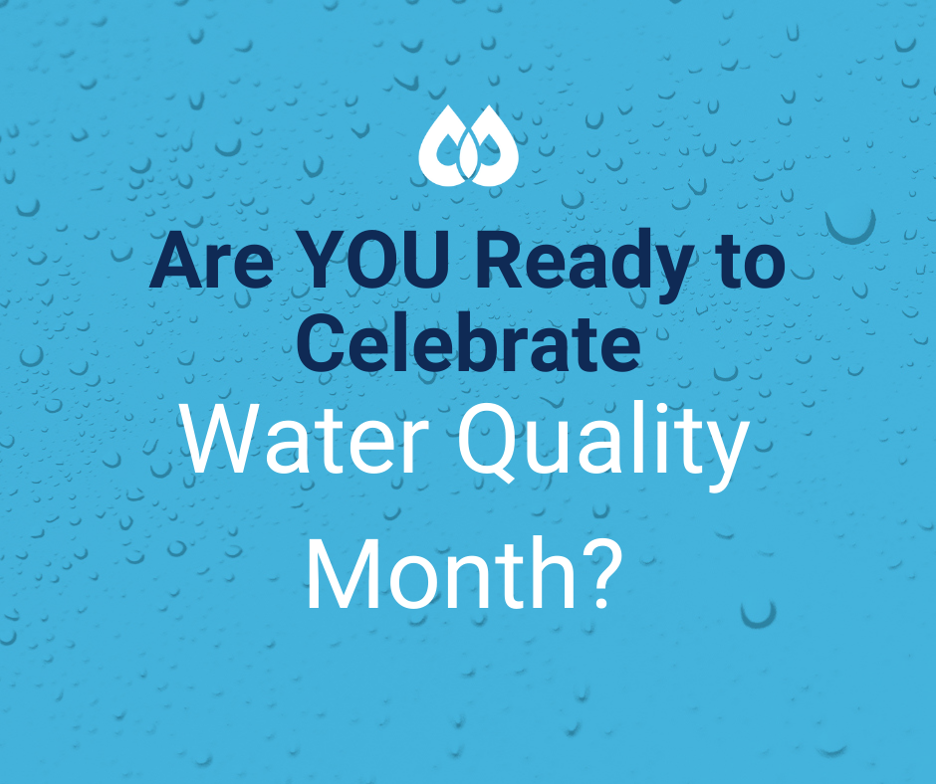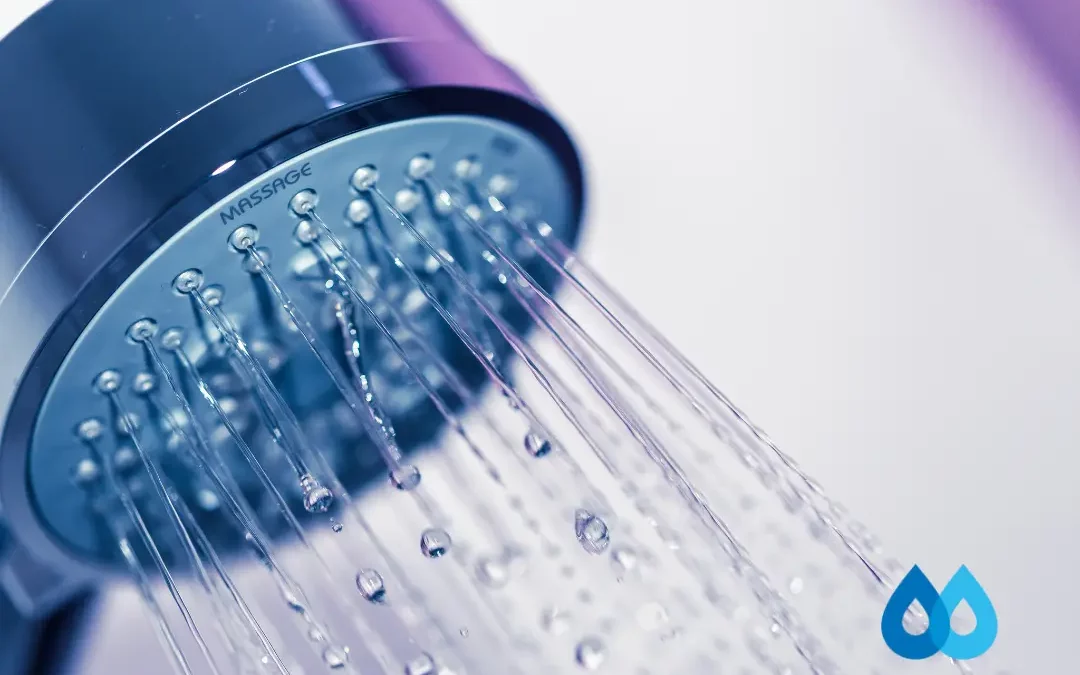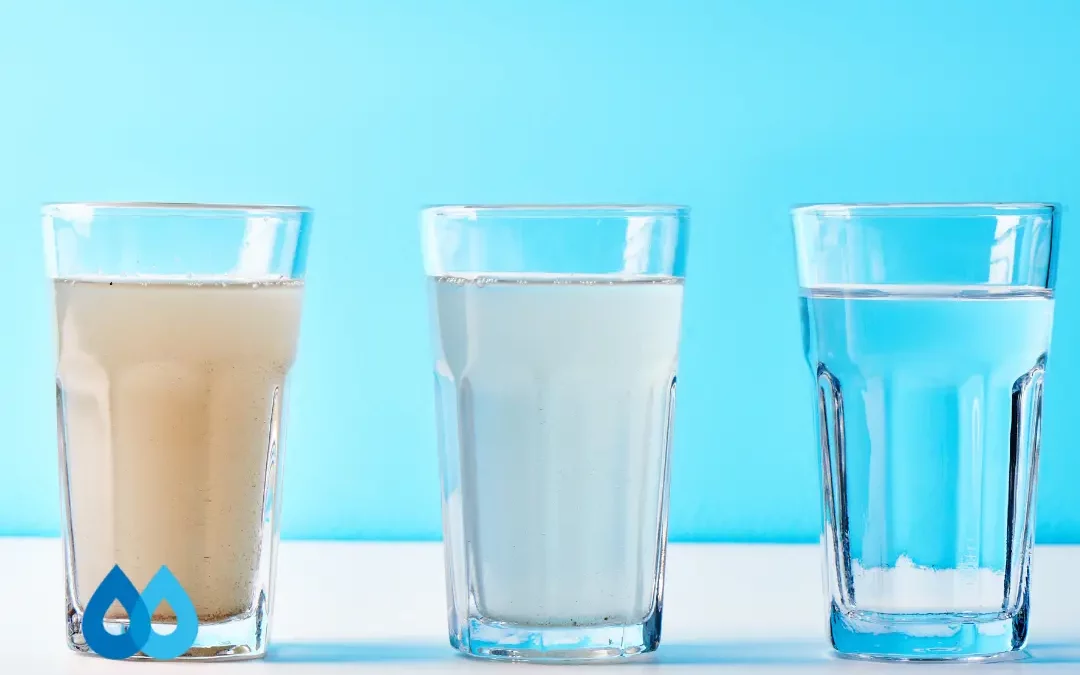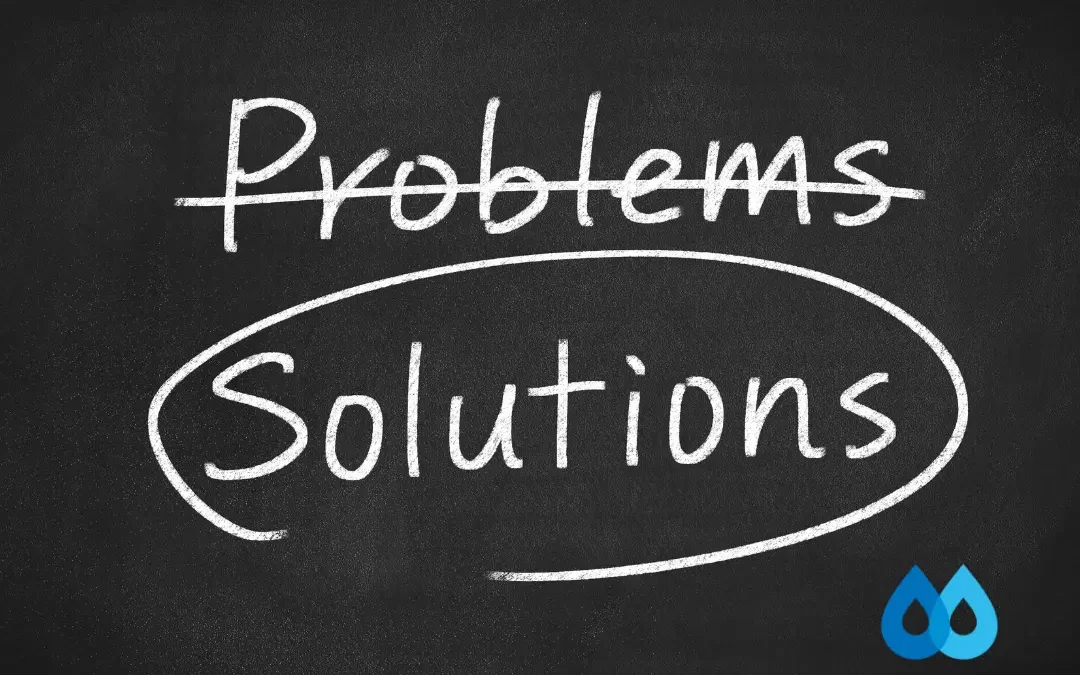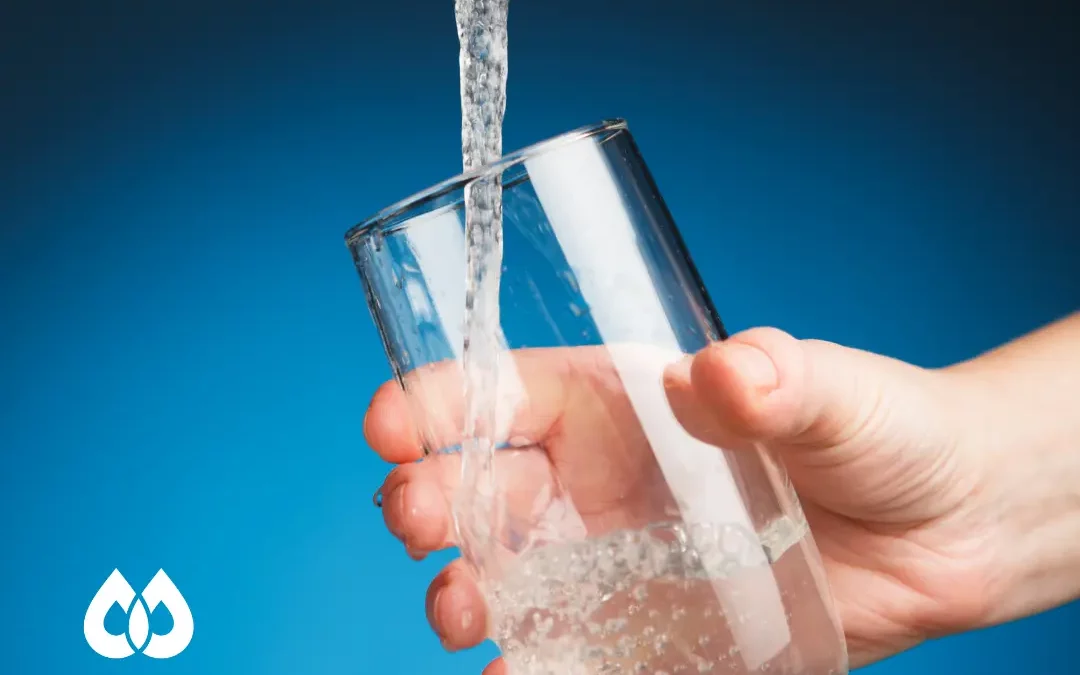August is Water Quality Month. While we can, and should, pay attention to water quality all year round, having a month specifically dedicated to this topic is a great way to raise awareness. And, with awareness comes responsibility … a chance for each of us to do our part in preserving Earth’s water resources for generations to come.
What is Water Quality Month?
It has now been half a century since the first U.S. congressional acts were passed to help protect our water resources. But, National Water Quality Month is a little newer than that.
In 2005, the Environmental Protection Agency (EPA) created this national month as a way to draw attention to water quality issues around the country. Now, it’s even backed by the United Nations and preserving our freshwater resources has become a global topic of interest.
Even though the majority of Earth’s surface is covered by water, only about 3% of it is freshwater and usable by humans for industrial purposes and regular activities of daily living. With such a small supply and a growing world population, it’s more important than ever to do what we can now to ensure safe, quality water for our use in the present day, but also in the future.
How to protect your water quality at home
While global topics such as this often seem large and insurmountable, there really IS something that each of us can do to help the problem. Whether it’s Water Quality Month or any other month of the year, here are some ways you can protect your own water quality and that of those around you:
- Clean up lakes and streams. You can do this all on your own, or organize an entire community group to help. Either way, keeping pollutants out of our local waterways can help protect water quality in the community in which you live.
- Use a car wash. While it may be tempting to save yourself some money by washing your car at home, using the local car wash is actually better. That’s because the water and chemicals used at a car wash are legally required to go into the sewer where they can be treated. At home, they’ll just make their way into your groundwater and potentially into your drinking water supply.
- Recycle used liquids. Whether you do your own oil changes or have other liquid chemicals you no longer need, it’s important to recycle them at the appropriate place in your community. Dumping them down the drain or directly onto the ground will inevitably cause groundwater pollution.
- Collect and recycle rainwater. If you pay for municipal water, collecting rainwater in a barrel or other receptacle is a great way to save money on water needed for gardening or irrigating your lawn.
- Use organic fertilizers. One of the most common water pollutants is fertilizers used for agricultural purposes. Whether you’re fertilizing your garden plants or using it for lawn care, use an organic, phosphorus-free variety whenever possible.
- Install a drinking water system. Even if you have municipal water that’s already been treated, the best way to ensure safe, quality drinking water at home is with a Reverse Osmosis (RO) drinking water system. This device filters out many known water contaminants and provides you with an endless supply of great tasting water right from your tap.
Water Quality Month or Water Quality Year?
While we support efforts to raise awareness about critical water quality issues during Water Quality Month, we encourage everyone to think about this important topic all year round. When each of us does the little we can do, it can lead to BIG results for everyone!
Start protecting YOUR water quality today with an RO system from RWI Water Systems. Simply contact usand our water treatment technicians will help you choose the best water quality solution for you and your entire family.
